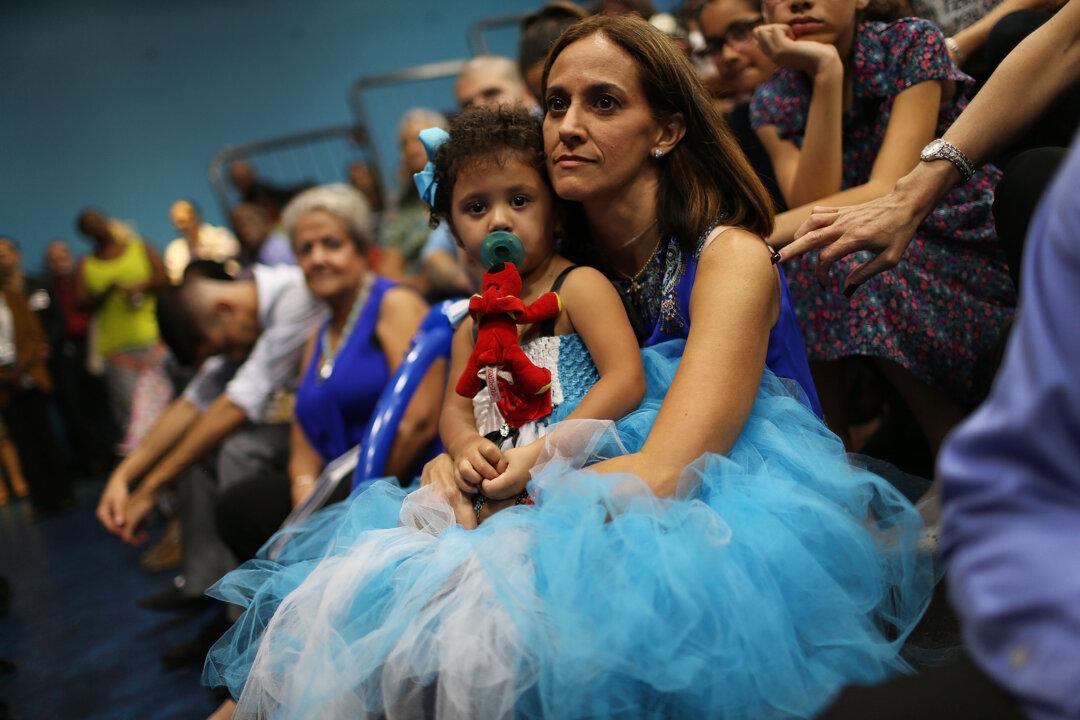A Roman Catholic charity and two foster parents are asking the U.S. Supreme Court to take up their case after a federal appeals court ruled that Philadelphia could refuse to work with the charity because it has a religious-based objection to same-sex marriage.
The case dates to March 2018, when Philadelphia officials said the opioid crisis had created an urgent need for 300 new foster care families in the city. Days later, the city blocked Catholic Social Services (CSS) and Bethany Christian Services from taking on new foster care cases, alleging the agencies had run afoul of the city’s Fair Practices Ordinance, which forbids “discrimination” on the basis of sexual orientation or gender identity.





